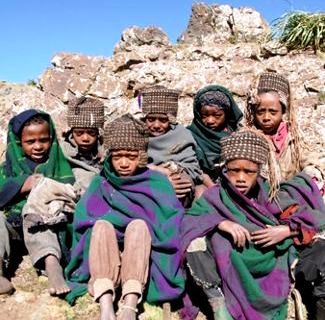About Nagoya Protocol
The Nagoya Protocol on Access to Genetic Resources and the Fair and Equitable Sharing of Benefits Arising from their Utilization was adopted at the tenth meeting of the Conference of the Parties in 2010, in Nagoya, Japan, and significantly advances the objective of the Convention on the fair and equitable sharing of benefits arising from the utilization of genetic resources by providing greater legal certainty and transparency for both providers and users of genetic resources. By promoting the use of genetic resources and associated traditional knowledge, and by strengthening the opportunities for fair and equitable sharing of benefits from their use, the Protocol will create incentives to conserve biodiversity, sustainably use its components, and further enhance the contribution of biodiversity to sustainable development and human well-being.
Full Text of the Nagoya Protocol is available at: www.cbd.int/abs/doc/protocol/nagoya-protocol-en.pdf
List of Signatories of the Nagoya Protocol is available at: www.cbd.int/abs/nagoya-protocol/signatories/
The Convention on Biological Diversity (CBD)
Opened for signature at the Earth Summit in Rio de Janeiro in 1992, and entering into force in December 1993, the Convention on Biological Diversity (CBD) is an international treaty for the conservation of biodiversity, the sustainable use of the components of biodiversity, and the equitable sharing of the benefits derived from the use of genetic resources. With 194 Parties up to now, the Convention has near universal participation among countries. The Convention seeks to address all threats to biodiversity and ecosystem services, including threats from climate change, through scientific assessments, the development of tools, incentives and processes, the transfer of technologies and good practices, and the full and active involvement of relevant stakeholders including indigenous and local communities, youth, NGOs, women and the business community.
The Cartagena Protocol on Biosafety is a supplementary agreement to the Convention. It seeks to protect biological diversity from the potential risks posed by living modified organisms resulting from modern biotechnology. To date, 166 countries plus the European Union have ratified the Cartagena Protocol. The Secretariat of the Convention and its Cartagena Protocol is located in Montreal.
For more information, visit www.cbd.int.


















